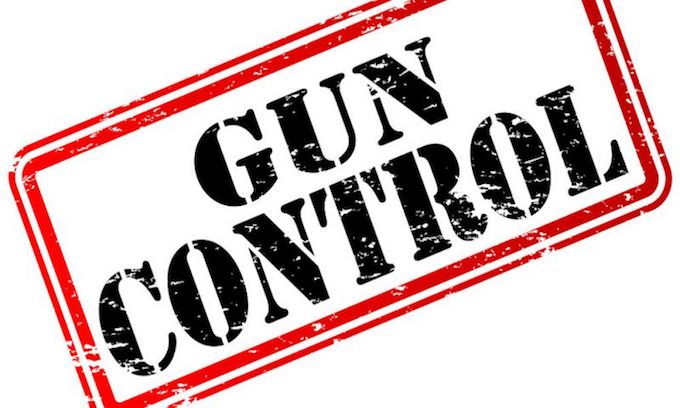

4 Reasons 'Gun Control' Can't
Solve America's Violence Problem
By Mark Houser. April 3, 2021
The 'gun-control' paradigm—the idea that the solution to American violence is more laws restricting guns—is unhelpful.
'Gun control' doesn't work. Indeed, any statistical connection between gun policy and violence is tenuous. But even if gun control was effective, it would still be flawed.
'Gun control' burdens the free exercise of the constitutionally-protected Second Amendment right to bear arms, so it's subject to compelling legal challenges and is flatly rejected by many Americans. In addition, the enforcement of stringent gun control invariably inflicts heavy burdens upon other civil liberties—especially in poorer communities and among marginalized populations.
Gun control's coexistence with the values of a free society is, at best, an uneasy one. But it's even less viable in the particular context of the United States. Consider the 400 million guns already in private circulation, plus the totally irreversible and ever-increasing ease of the self-manufacturing of firearms. No matter what laws are passed, widespread distribution and access to firearms are (and will remain) immutable facts of American life—especially for people who are willing to break laws.
In this context, it's evident that gun control cannot solve the problem of violence in this country. The following four observations about American violence suggest some promising alternative paradigms.
..... 
"Gun control policies will burden only the upstanding citizens who, in good faith, try to abide by them, and are nonetheless ensnared. If we want to get serious about addressing violence in America, there are many more promising areas to focus on."
![]()

























